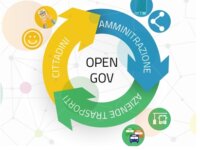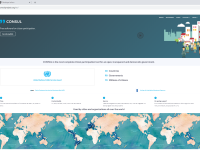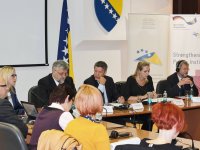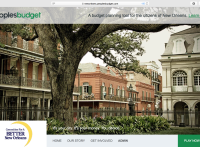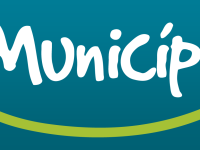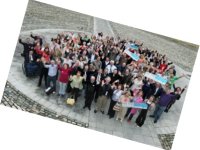Sardinia Region involved all the mobility stakeholders in participating in the “federated network of collective transport open data” and all the data concerning scheduled services were published: buses, trains, ferries, airplanes. Various info-mobility services were developed by ICT enterprises. A web application was developed to allow users to notify transport inefficiencies to agencies and public administration, which are now interconnected with users in order to improve public service…
Innovation Tag Opengov: stakeholders
Decidim est une plateforme numérique imaginée par la mairie de Barcelone dès 2016 pour créer et coordonner des espaces et des processus participatifs, qui vise à étendre et faciliter l’accès à la participation citoyenne en vue de la co-construction et de la co-production des politiques publiques. Il s’agit d’un projet européen open source : son code est ouvert et libre ; en d’autres termes, tout le monde peut le voir, l’utiliser, le copier ou l’enrichir.
As one of Open Government Partnership’s co-founders, Brazil has developed a new co-creation methodology to define the commitments of its National Action Plans (NAP). It has envisaged co-creation workshops with parity participation of experts from government and civil society in chosen themes. The initiative aimed to conciliate the watchful eye of civil society’s representatives and the technical eye of those actors who live the reality of the state administrative machinery to set…
Innovative use of digital and online opportunities has made it easier for people to have a greater say in local decision-making in Scotland. A unique cross-sector collaborative approach was taken to developing digital, with collective solutions and sharing of learning achieved through an open, iterative and experimental methodology. The Scottish Government encouraged rapid growth of participatory budgeting and digital, in line with the ambitions of open government and strengthening democracy.
CONSUL is an online platform for public participation in decision-making, launched initially by the Madrid city council and subsequently adopted by several governments all over the world. The platform benefits from its open source code, making it free for any government, or CSO, to make use of it and propose improvements. CONSUL is designed for citizens to voice their concerns and participate through the development of proposals, votes for new laws, debates, crowd laws, participatory budgets…
Proactive Transparency initiative in Bosnia and Herzegovina is the first policy to address proactive disclosure of government information, co-created by the public institutions and civil society organisations. The result of of this collaboration was a policy document, 38 defined standard pieces of information, research conducted by civil society and improvement of government transparency.
The People’s Budget is an interactive, mobile-friendly website that demystifies local spending by asking residents to play "mayor for a day" by balancing their city budget. Users learn more about how government works and how it spends money before deciding for themselves how to divide discretionary funds. The answers to these questions are synthesized and reported back to the community and city leaders to help get limited tax dollars to the programs that need them the most.
My Municipality (Meu Município) a free public portal that organizes and makes available the financial performance of 90% of the Brazilian cities in a intuitive, user-friendly way. It is used for citizens to understand, monitor and compare how Brazilian municipalities collect and spend our money. My Municipality is also designed for public managers in their analysis and decision-making about the city's directions.
We the Citizens is a democratic participatory project to ignite citizen involvement in democracy in Ireland. A pilot project found striking shifts in how participants feel about their ability to influence politics. The project tested whether a more participatory form of democracy could work in Ireland at a time when people felt adrift and disconnected from power. In the project, a representative group of citizens were randomly chosen to attend a Citizens’ Assembly in June 2011.
Better Reykjavik is a co-creation project of the Citizens Foundation, Reykjavik City and its citizens that connects them and improves trust and policy.
It’s a platform for crowdsourcing solutions to urban challenges and has multiple democratic functions: Agenda setting, Participatory budgeting and Policymaking.
Innovations include unique debating system, crowd-sourcing, submission of multimedia content and extensive use of AI to improve the user experience as well as content submitted.

